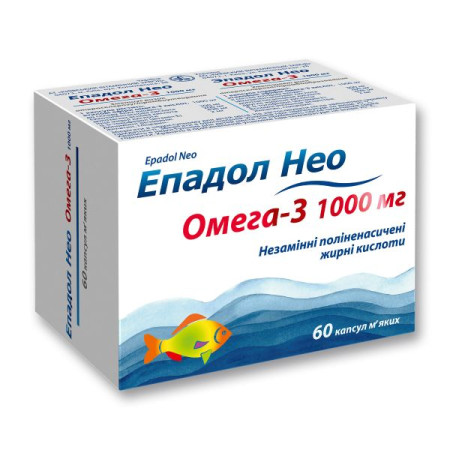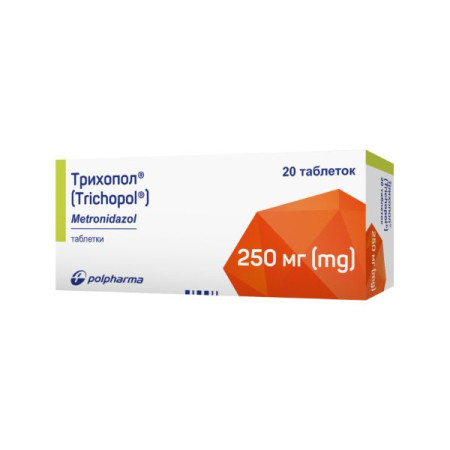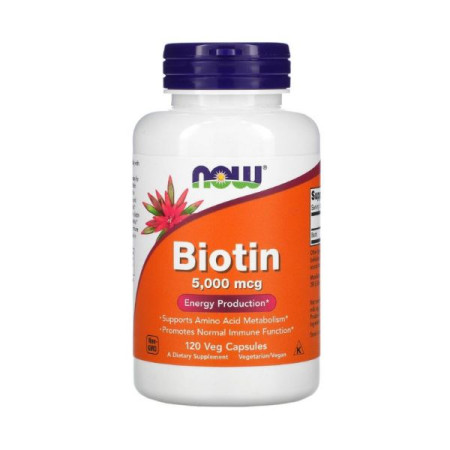Ginkgo capsules 120 mg No. 60

Pharmacological properties
Pharmacodynamics. Ginkgo is a drug of plant origin that normalizes metabolism in cells, rheological properties of blood, microcirculation, and mediator processes in the CNS.
The drug increases blood flow, especially microcirculatory, increases hypoxia tolerance, especially in brain tissues, prevents erythrocyte aggregation, inhibits platelet activation factor. It exerts a dose-dependent regulatory effect on the vascular system, stimulates the production of endothelium-dependent attenuating factor (nitric oxide - NO), dilates small arteries, increases venous tone, thereby regulating blood filling of vessels. Reduces vascular wall permeability (anti-edema effect - both at the brain level and in the periphery). Reduces retinal edema and corneal damage. Improves compensation for balance disorders. Has an antithrombotic effect (due to stabilization of platelet and erythrocyte membranes, antagonism to platelet-activating factor). Prevents the formation of free radicals and lipid peroxidation of cell membranes. Normalizes the release, reabsorption and catabolism of neurotransmitters (norepinephrine, dopamine, acetylcholine) and their ability to bind to receptors. Improves memory and learning ability. Has antihypoxic effect, improves metabolism in organs and tissues, promotes the accumulation of macroergs in cells, increases the utilization of oxygen and glucose, has a neuroprotective effect.
Pharmacokinetics. When taken orally, the bioavailability of ginkgolide A, B and bilobalide (biologically active substances of ginkgo extract) is 80-90%. C max is reached 1-2 hours after taking the drug. T ½ is approximately 4 hours (ginkgolide A, bilobalide) and 10 hours (ginkgolide B). Ginkgolide A, B and bilobalide do not disintegrate in the body, are almost completely excreted in the urine, a small amount is excreted in the feces.
Indication
Symptomatic treatment of elderly patients with cognitive disorders, excluding those with confirmed dementia, Parkinson's disease, cognitive disorders of iatrogenic origin or resulting from depression or metabolic disorders.
Concurrent treatment for dizziness of vestibular origin as an adjunct to vestibular rehabilitation.
Symptomatic treatment for tinnitus.
Application
For oral use. Swallow the capsules whole with a meal, with ½ glass of water.
cognitive disorders
Dosage 40 mg
1-2 capsules 3 times a day.
Dosage 80 mg
1 capsule 2-3 times a day.
Dosage 120 mg
1 capsule 1-2 times a day in the morning or morning and evening.
The duration of treatment is at least 8 weeks. The average duration of the course of treatment is 3 months. After 3 months of therapy, you should consult a doctor about the need for further use of the drug.
Neurosensory disorders such as dizziness, tinnitus
Dosage 40 mg
1 capsule 3 times a day.
Dosage 80 mg
1 capsule 2 times a day, morning and evening.
Dosage 120 mg
1 capsule once a day in the morning.
The duration of treatment is no more than 6-8 weeks.
Children. There is no sufficient experience with the use of the drug in children, therefore, the use of the drug in this category of patients is not recommended.
Contraindication
Hypersensitivity to any component of the drug.
Side effects
The following reactions are occasionally observed:
Immune system: hypersensitivity reactions, including angioedema, urticaria, shortness of breath;
from the nervous system: headache, dizziness, syncope (including vasovagal);
from the digestive system: nausea, vomiting, diarrhea, dyspepsia, digestive disorders, abdominal pain;
Skin and subcutaneous tissue disorders: rash, itching, redness, swelling, skin inflammation, eczema.
In rare cases, the use of drugs containing ginkgo extract can lead to bleeding (gastrointestinal, ocular, cerebral). There is an increased likelihood of these side effects with concomitant therapy with anticoagulants and NSAIDs.
If any adverse reactions occur, you should stop using the drug and be sure to consult a doctor.
Special instructions
Before starting treatment, it is necessary to make sure that the observed pathological symptoms are not a consequence of an underlying disease that requires special treatment.
Before starting to use Ginkgo, patients with an increased tendency to bleed (hemorrhagic diathesis), patients who are being treated with drugs that prevent blood clotting, drugs to lower blood glucose levels, or drugs to lower blood pressure should consult a doctor.
If hypersensitivity to the components of the drug is detected, the use of the drug should be discontinued.
Before surgery, you must inform your doctor about the use of Ginkgo.
Special caution is required when concomitantly using drugs that are metabolized by cytochrome P450 3A4.
It is possible that preparations containing ginkgo extract may provoke seizures in patients with epilepsy. A causal relationship between this phenomenon and taking the preparation has not been established.
If you have been told by your doctor that you have an intolerance to some sugars, contact your doctor before taking this medicine. This medicine contains lactose and should not be taken by patients with rare hereditary problems of galactose intolerance, the Lapp lactase deficiency or glucose-galactose malabsorption.
The first signs of improvement usually appear 1 month after the start of treatment.
Use during pregnancy or breastfeeding. Due to the lack of clinical data, the drug is not recommended for use during pregnancy and breastfeeding.
Ability to influence the reaction speed when driving vehicles or other mechanisms. Studies assessing the effect on the reaction speed when driving vehicles or other mechanisms have not been conducted. However, dizziness may impair the ability to drive vehicles or other mechanisms.
Interactions
With simultaneous use of ginkgo preparations with drugs that inhibit blood coagulation (coumarin anticoagulants (phenprocoumon and warfarin), acetylsalicylic acid), the effect of the latter may increase - the risk of bleeding increases. The drug should not be taken with long-term use of thiazide diuretics.
The interaction of ginkgo preparations with drugs metabolized by the cytochrome P450 enzyme system cannot be completely excluded (in some cases, there is a possibility of inhibition or induction of some isoenzymes). Ginkgo preparations accelerate the metabolism of antiepileptic drugs (valproate, phenytoin), which are metabolized by the CYP 2C enzyme system. When used together with antiepileptic drugs, the seizure threshold may be lowered, which increases the possibility of epileptic seizures. The concentration level of midazolam changed after the combined administration of ginkgo, which suggests the presence of an interaction through CYP 3A4. Therefore, drugs that are mainly metabolized by CYP 3A4 and have a narrow therapeutic index should be used with caution.
Overdose
In case of overdose of the drug, dyspeptic disorders, impaired consciousness and headache may occur. Treatment is symptomatic.
Storage conditions
In the original packaging at a temperature not exceeding 25 °C.
There are no reviews for this product.
There are no reviews for this product, be the first to leave your review.
No questions about this product, be the first and ask your question.













